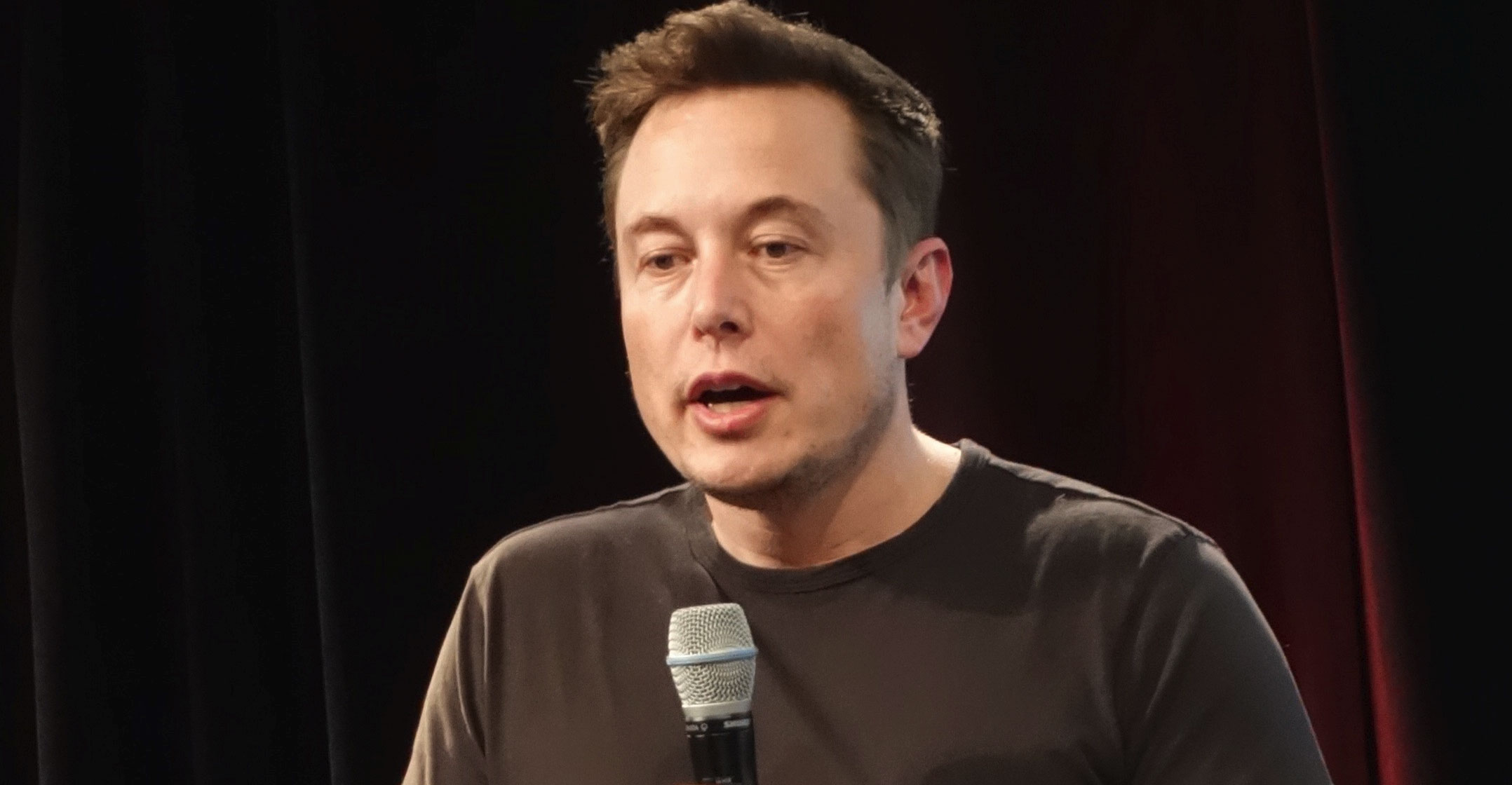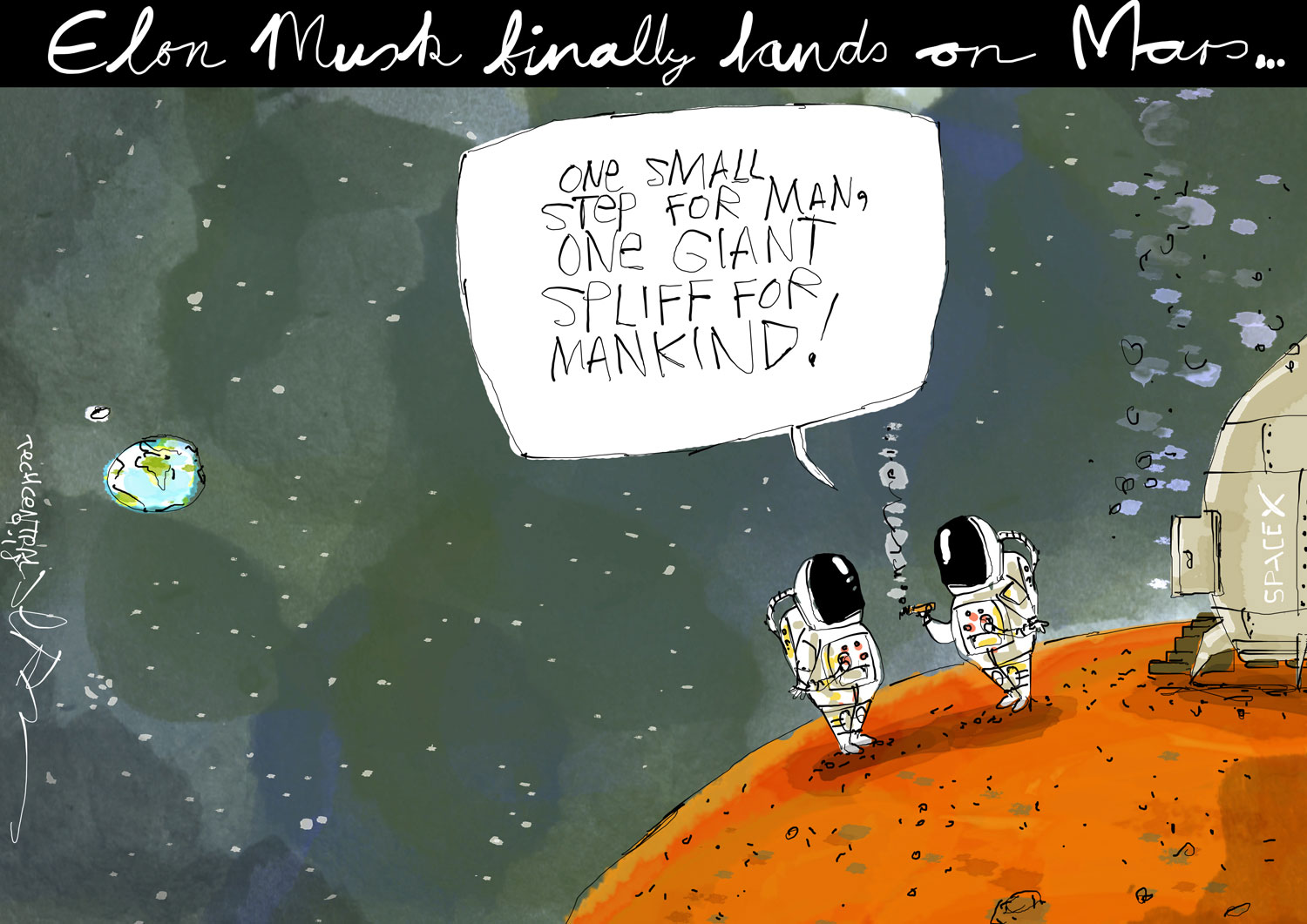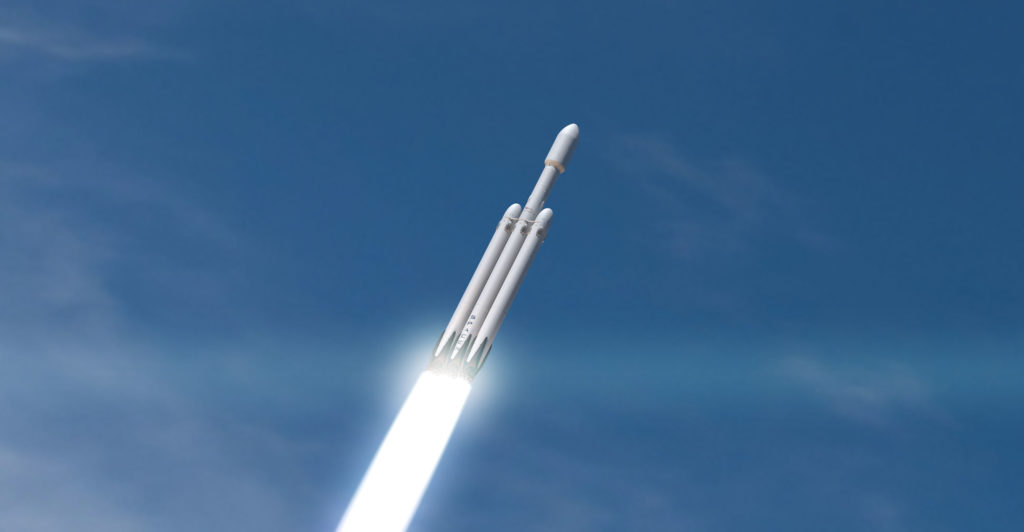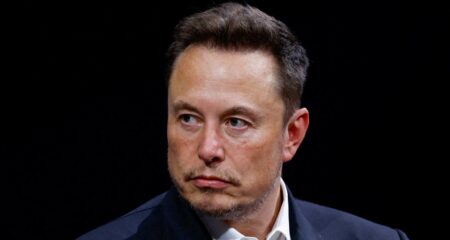
The silence of Tesla’s board over the past two days after Elon Musk went on another Twitter tirade raises fresh questions about who has what it takes to oversee the unpredictable CEO.
Musk must relinquish his chairman role under a settlement tied to his tweeting with the Securities and Exchange Commission, which left open the possibility that the car maker could appoint an existing independent director.
On Thursday, the billionaire lashed out against the agency, calling it “Shortsellers Enrichment Commission”. The board, which vouched for its CEO’s integrity and leadership hours after the SEC sued on 27 September, has been mum since.
“What Tesla needs is for the board to assert its independence and to really put a check on Elon to rein in the communications,” James Albertine, an analyst at Consumer Edge Research, said on Bloomberg Television. He downgraded the stock to the equivalent of a hold on 21 August, in part citing Musk’s inability to maintain his composure.
Tesla didn’t immediately reply to requests seeking comment.
The board’s passivity after Musk’s latest tweet storm — following its earlier support after the explosive tweet in August that got him in trouble with the SEC — has heightened the scrutiny of its members’ time spent and ability to supervise him. Who is independent on the board? According to Tesla, seven of its nine directors are. Only Musk and his brother Kimbal, are classified as not independent.
The two major US proxy advisory firms disagree. Lead independent director Antonio Gracias, a private equity firm founder, isn’t independent, according to Institutional Shareholder Services and Glass Lewis.
Independent?
A Tesla director since 2007, Gracias founded Valor Equity Partners and participated along with the firm in funding rounds and a debt raise that Tesla conducted before its 2010 initial public offering. He’s also backed Musk ventures PayPal., SolarCity and SpaceX. Musk gifted him the second Roadster sports car that Tesla ever built.
Brad Buss, who served as a SolarCity chief financial officer before Tesla acquired the company in 2016, doesn’t meet the criteria of independence from the two proxy advisers either.
Steve Jurvetson, who co-founded the venture capital firm DFJ, has been on leave from Tesla’s board for almost a year. While accusations of misconduct led to his resignation from DFJ, Tesla hasn’t addressed whether he’ll return as a director. Both Jurvetson and Ira Ehrenpreis, a venture capitalist, are also investors in Musk’s rocket company, SpaceX.
 That leaves directors whose independence wouldn’t be subject to criticism — and could in theory qualify to become chairmen. They are Robyn Denholm, the chief financial officer of Telstra, Australia’s largest telecommunications company; Linda Johnson Rice, who leads the eponymous publishing company known for Ebony magazine; and James Murdoch, the CEO of Twenty-First Century Fox.
That leaves directors whose independence wouldn’t be subject to criticism — and could in theory qualify to become chairmen. They are Robyn Denholm, the chief financial officer of Telstra, Australia’s largest telecommunications company; Linda Johnson Rice, who leads the eponymous publishing company known for Ebony magazine; and James Murdoch, the CEO of Twenty-First Century Fox.
Denholm, who’s been a director since 2014, ruled herself out of the running for becoming Tesla’s chairman through a Telstra spokesperson, The Age newspaper reported on Monday.
The New York Times reported on Tuesday that some directors have proposed Murdoch could be chairman, citing unidentified people involved in the board’s deliberations. But the newspaper said Murdoch hadn’t discussed it with any of other members, and cited another person saying the board hadn’t started serious discussions of the matter.
Both Murdoch and Johnson Rice are media moguls who lack experience running automotive or manufacturing companies. That’s the sort of skill-set Musk needs to take Tesla forward, said Albertine, the Consumer Edge Research analyst.
“He’s very clearly emotionally and psychologically drained at this point,” Albertine said of Musk. “This is a company now that’s at a point where it needs a better operator.” — Reported by Craig Trudell, (c) 2018 Bloomberg LP




